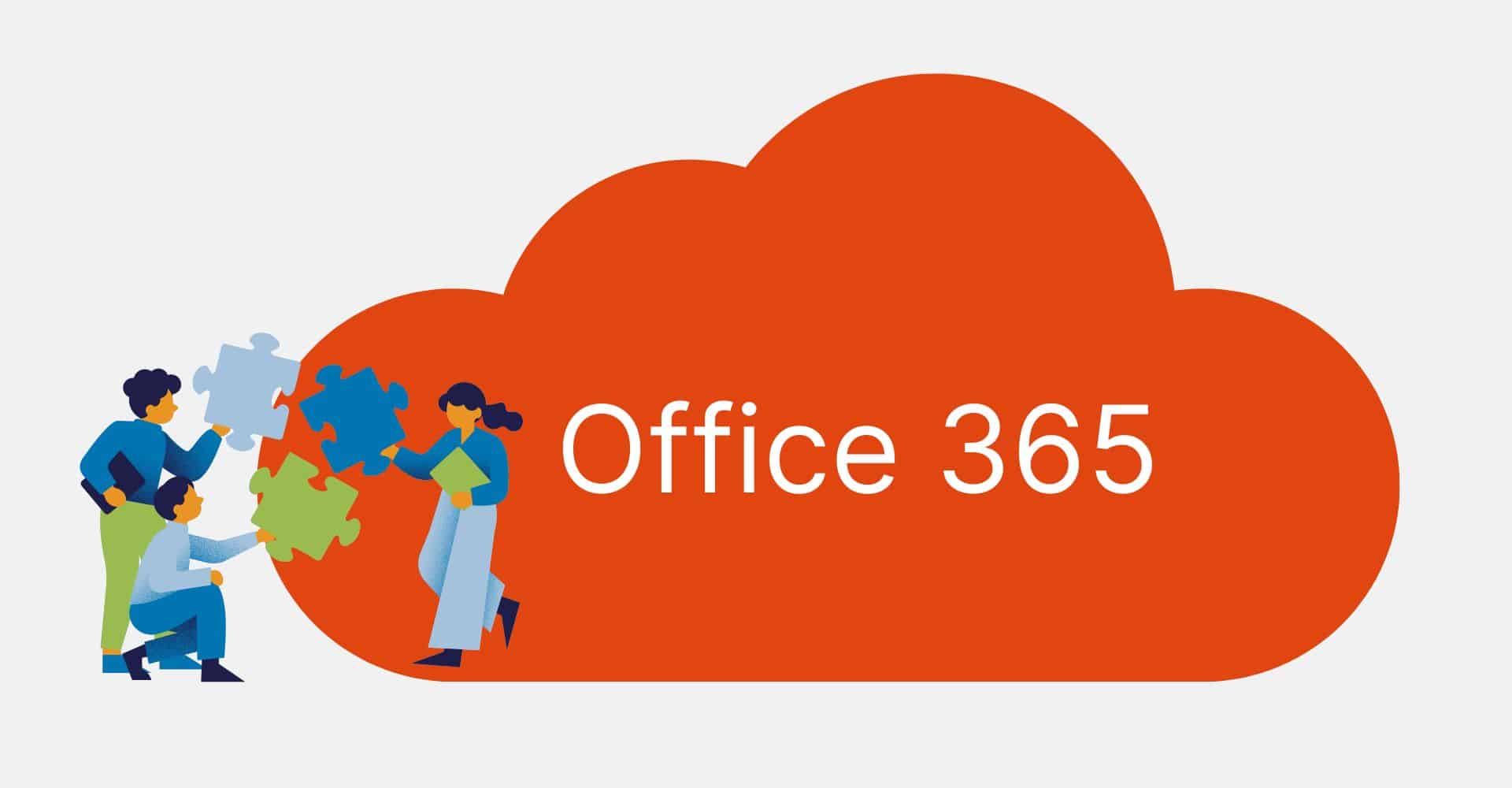With digital transformation driving company change, Office 365 stands out as a symbol of innovation, collaboration, and productivity. So, how does Office 365 function, and what is it anyway? At its core, Office 365 is a collection of Microsoft’s most powerful products, offered through a cloud-based platform aimed at supporting both organisations and people. This guide explores Office 365 in detail, including its features, components, and the many ways it supports modern business operations.
What Exactly is Office 365 and What Does It Include?
Office 365 is more than a suite of Microsoft’s productivity tools; it’s a robust cloud-based platform designed to empower businesses and individuals with a wide range of applications and services. It integrates familiar applications like Word, Excel, and Outlook with powerful cloud services including OneDrive, SharePoint, and Microsoft Teams, facilitating collaboration, communication, and data management.
Core Applications and Services:
- Microsoft Word, Excel, and PowerPoint: Offer traditional document, spreadsheet, and presentation creation with advanced features for real-time collaboration.
- Outlook: Provides comprehensive email and calendar management.
- OneDrive: Ensures secure cloud storage and file sharing.
- SharePoint: Facilitates intranet and content management for teams.
- Microsoft Teams: Acts as the central hub for teamwork with chat, video conferencing, and collaboration tools.
These applications and services are seamlessly integrated, allowing for an unparalleled productivity ecosystem accessible from anywhere, on any device.
How Does Office 365 Function in the Cloud?
Office 365’s cloud infrastructure is the backbone of its functionality, enabling users to access data and applications from anywhere, at any time. This flexibility is crucial for supporting a modern workforce that values mobility and remote work capabilities.
Cloud Infrastructure:
- Data Storage and Management: Office 365 stores data in Microsoft’s secure data centres, ensuring that documents, emails, and other data are accessible and protected.
- Collaboration and Accessibility: The cloud-based nature of Office 365 allows for real-time collaboration on documents and projects, making geographical barriers irrelevant.
Why is Office 365 a Game-Changer for Remote Work and Collaboration?
Office 365 offers various benefits for business operations. The shift towards remote work has been significantly accelerated by the capabilities offered by Office 365. Its comprehensive toolset supports remote work by:
- Enabling Real-Time Collaboration: Teams can work on documents simultaneously, regardless of their physical location.
- Facilitating Communication: Integrated video conferencing and instant messaging reduce the need for in-person meetings.
- Supporting Mobility: Access to files and applications from any device ensures that work can happen anywhere.
What Security Measures Safeguard Your Data in Office 365?
Security is a cornerstone of Office 365, with multiple layers of protection in place to ensure data integrity and privacy:
- Advanced Threat Protection: Protects against malware, phishing, and other cyber threats.
- Data Encryption: Both at rest and in transit, ensuring that sensitive information is securely transmitted and stored.
- Compliance Standards: Office 365 complies with global standards, offering features to help businesses meet regulatory requirements.
Which Office 365 Subscription Model Suits Your Business Needs?
Choosing the right Office 365 subscription model is crucial to leveraging the platform’s capabilities fully while ensuring you’re not overpaying for unnecessary features. Microsoft offers a variety of plans tailored to different needs, from individual users and small businesses to large enterprises. Understanding the key components and targeted user base of each plan can help you make an informed decision.
Subscription Options
Office 365 is available in several subscription models, each designed with specific users in mind:
- Office 365 Business Plans: Ideal for small to medium-sized businesses, these plans include essential apps like Word, Excel, PowerPoint, and Outlook, along with cloud services such as OneDrive and Microsoft Teams. They’re designed to cater to businesses with fewer than 300 employees.
- Office 365 Enterprise Plans: Tailored for larger organisations, these plans offer additional compliance features, advanced security, and enterprise-grade administration capabilities, supporting an unlimited number of users.
- Office 365 Education Plans: These are specially designed for educational institutions, providing students and teachers with access to Office 365’s tools at discounted rates or even for free.
Choosing the Right Plan
When selecting an Office 365 subscription, consider the following factors:
- Size of Your Business: The number of employees and the scale of your IT infrastructure can significantly influence which plan is most suitable.
- Required Features: Assess which applications and services your business needs. If advanced security and compliance tools are crucial, an Enterprise plan might be necessary.
- Budget Constraints: While it’s important to have the tools your business needs, it’s equally important to fit those needs within your budget. Compare the cost against the features provided to ensure you’re getting value for money.
Cost-Benefit Analysis
Investing in an Office 365 subscription should be viewed as an investment in your business’s productivity and security. Consider not only the direct costs but also the potential savings and benefits:
- Increased Productivity: Access to collaborative tools and the ability to work from anywhere can significantly boost productivity.
- Reduced IT Overhead: Moving to a cloud-based service can reduce the need for in-house servers and the maintenance they require.
- Enhanced Security: Advanced security features protect against cyber threats, potentially saving costs related to data breaches.
By carefully evaluating your business’s needs against the features and benefits of each Office 365 plan, you can select a subscription that not only meets your current requirements but also scales with your business’s growth.








